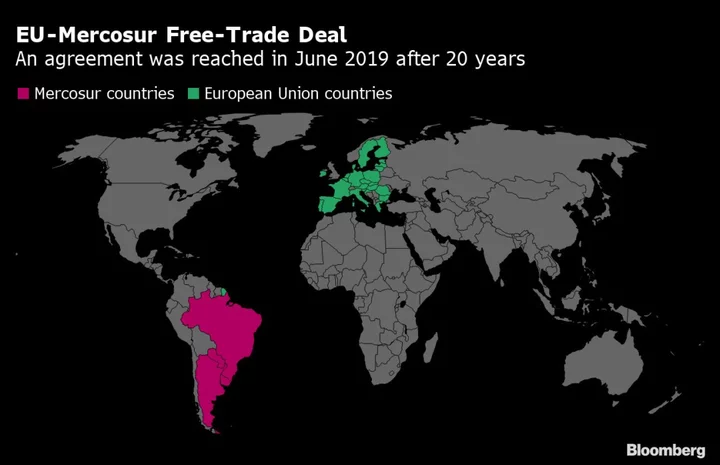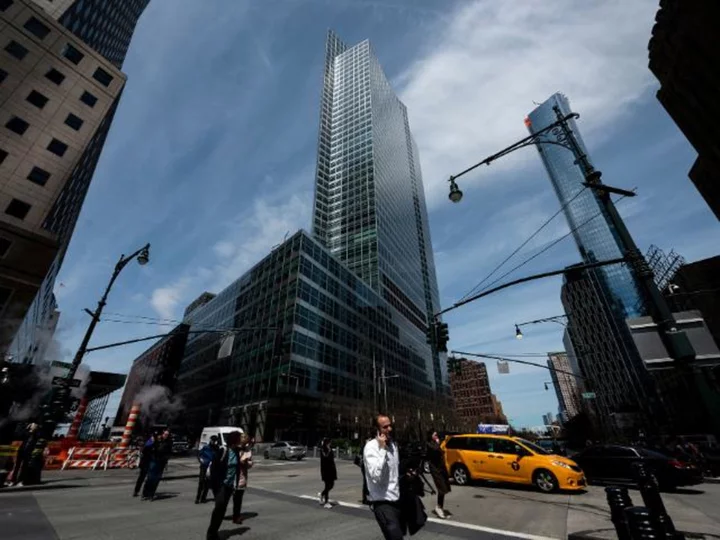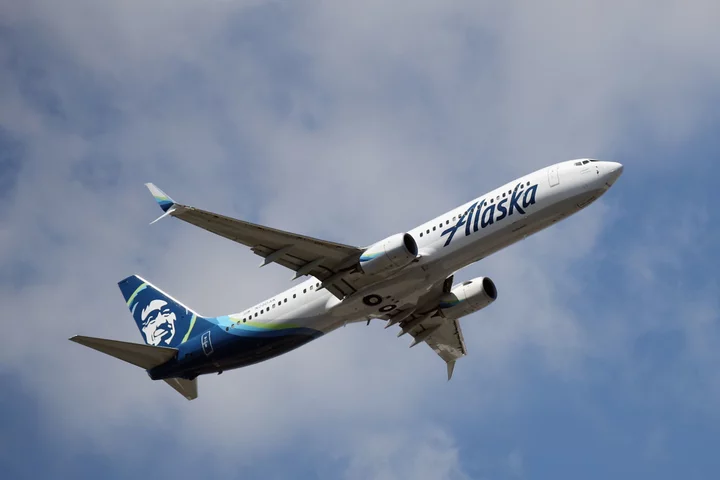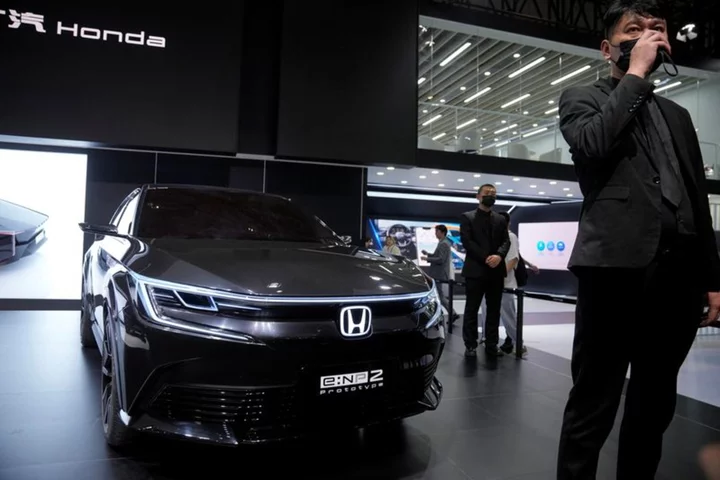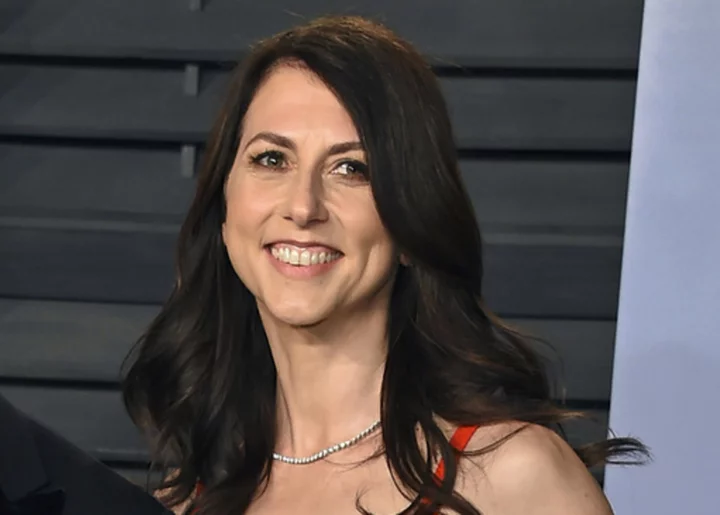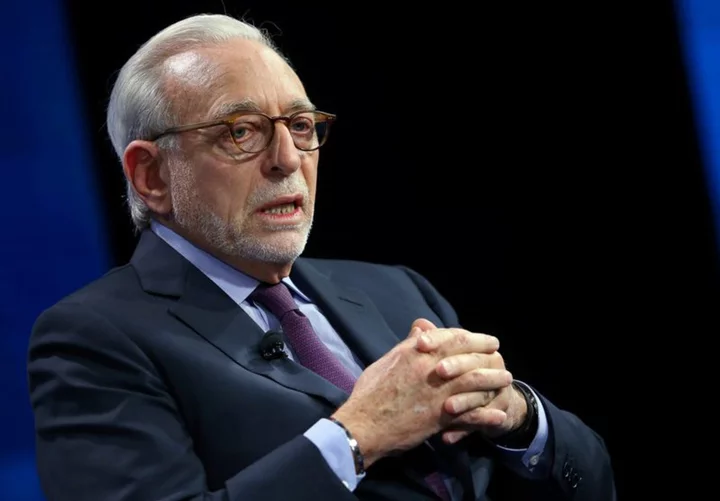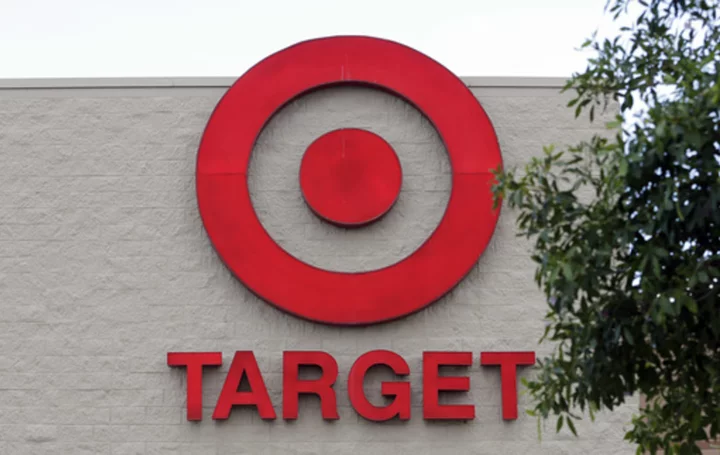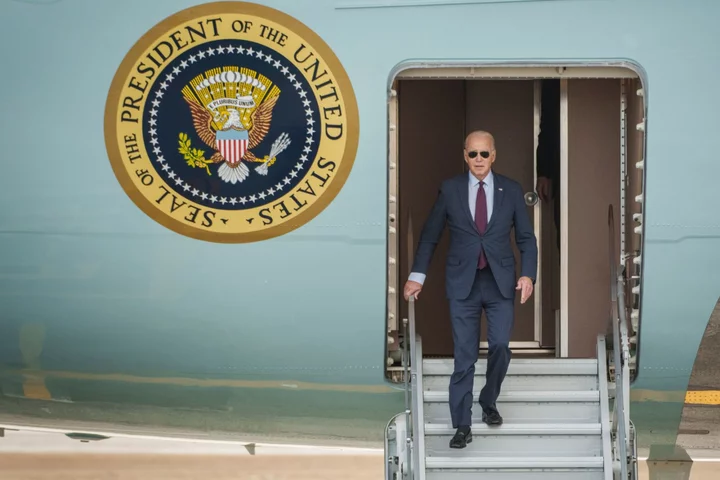A major trade deal between the European Union and South American economies received a serious setback after French President Emmanuel Macron said that the environmental concessions obtained by the bloc fall short of what’s needed.
“I cannot ask our farmers, our industrialists in France and everywhere else in Europe to make efforts toward decarbonization, while suddenly removing all tariffs to bring in goods that aren’t subjected to these rules,” he said. “A few sentences were added at the beginning and at the end of the text to please France — but this isn’t working.”
Products imported from Mercosur — comprised of Argentina, Brazil, Uruguay and Paraguay — would have “a disgusting carbon footprint,” Macron told reporters Saturday after meeting with his Brazilian counterpart, Luiz Inacio Lula da Silva, in Dubai at the COP28 climate conference.
He spoke after the elusive agreement’s finalization already was derailed at the last minute as Argentina isn’t ready to accept new commitments before President-elect Javier Milei takes over.
The EU-Mercosur pact would create an integrated market of 780 million consumers, making it the largest in the European bloc’s history and one of the world’s biggest free trade pacts. The deal would also pull the two regions closer amid a broader global competition for influence in which China and Russia have sought to make inroads in resource-rich nations across the Americas.
“I’m not in favor of this agreement because I don’t know how to explain it to a steel producer, a farmer or a French cement manufacturer,” Macron said. “And since I can’t explain it at home, I won’t defend it at international summits.”
Macron’s objections matter because the deal — once it is finalized — possibly would be concluded as a so-called mixed agreement, covering competences of both the EU and member states. That would allow France to veto the pact and additionally require the approval of the 27 national parliaments and some regional ones.
Yet the French president isn’t the only one holding up the trade pact. His comments came a day after Brazil, which holds the rotating presidency of the Mercosur bloc, informed the EU that concluding the agreement won’t be possible because Argentina isn’t ready to sign off on it, according to people familiar with the matter.
Following the change of plans, an EU delegation led by European Commission Vice President Valdis Dombrovskis won’t travel to Rio de Janeiro for the Mercosur summit on Dec. 7, said the people, who requested anonymity because they weren’t authorized to speak publicly.
Before the Macron-Milei setback, there was optimism on both sides about concluding the pact quickly following significant progress in technical negotiations that moved them closer to tackling environmental differences that derailed a previous iteration in its final stages.
European Commission spokesperson Olof Gill said that both parties are “engaged in intense and constructive discussions” and “substantial progress has been made in the past months,” adding that “negotiations will continue in a constructive spirit with an ambition to conclude as swiftly as possible.”
Milei criticized Mercosur during his election campaign, raising doubts about the agreement’s prospects. But incoming Foreign Minister Diana Mondino told Bloomberg on Nov. 29 that the new administration wouldn’t derail the agreement and wanted to see a conclusion “soon, hopefully before Dec. 7.”
“We’ll try to make Argentina a good partner for Mercosur and I hope that he will agree on climate issues because he’ll see that this is also good for his country,” Macron said, speaking of Milei.
Officials remained cautious recently as talks entered a critical phase with important outstanding issues still to solve. Last-second surprises were also a worry after so many close calls, Bloomberg previously reported.
Still, negotiators agreed there was a good opportunity to conclude the deal as Spain, a big supporter of the pact, holds the chair of the rotating presidency of the EU and Lula was pushing to finalize the agreement before Brazil’s Mercosur presidency ends.
Belgium, which will take over the EU helm next semester, has faced criticism about trade deals from its southern Wallonia region. In any event, the European bloc’s legislative activity is set to slow down from spring ahead of EU elections in June.
In 2019, the two sides concluded 20 years of technical negotiations with a preliminary agreement. Yet that pact wasn’t finalized after some EU states raised concerns about rising deforestation rates in the Amazon rainforest under Jair Bolsonaro, president of Brazil at the time. The EU asked for additional environmental guarantees and in return considered some targeted demands from Mercosur, including on issues of government procurement.

